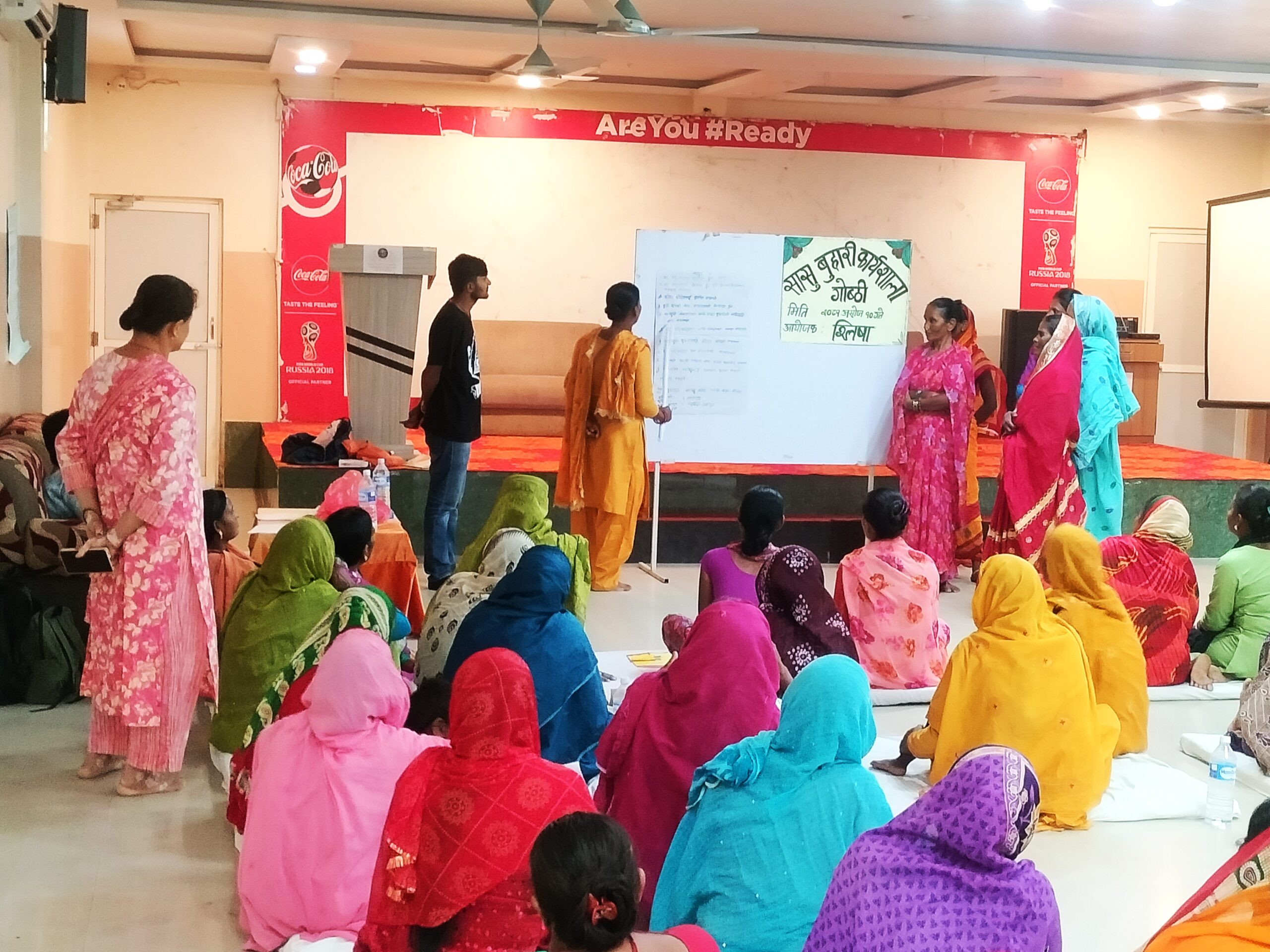 November 6, 2024
November 6, 2024
Slisha conducted the workshop on September 26, 2024, in Rautahat district, as part of the WAWCAS program, was a significant and emotional experience for both the mothers-in-law and daughters-in-law who attended. Gathering 26 pairs from 13 groups, after the introduction, the session began with discussions about the expectations both parties had of each other. These exchanges revealed how seemingly small misunderstandings can escalate into larger conflicts, showing just how important communication and empathy are within families.
One key question was why most mothers-in-law struggle to see their daughters-in-law as their own daughters, and why most daughters-in-law face challenges in accepting their mothers-in-law as their own mothers. This conversation opened up a space to reflect on the deep-seated cultural norms, including the contrast in how society views men and their roles. For example, a son-in-law helping his wife is often seen as a supportive husband, whereas a son helping his wife can sometimes be viewed as “weak” or a “servant,” highlighting unfair gender expectations.
To illustrate the difficulty of changing mindsets, the group engaged in a game that demonstrated how challenging—but possible—transformative change can be. In working groups, the participants explored the roles and responsibilities they should assume to foster healthier relationships, agreeing that peace and harmony in the household are only possible through intentional behavior changes.
The workshop concluded with deepest commitments from both sides:
Daughter-in-laws committed to:
Mothers-in-law committed to:
Each participant took these commitments as oaths, pledging to work toward a more peaceful and respectful family environment. Several mothers-in-law expressed their surprise at how transformative the workshop had been and vowed to change their behaviors based on what they had learned.
The next step will involve a follow-up to see how participants are implementing these changes and how they are sharing their newfound insights with others.